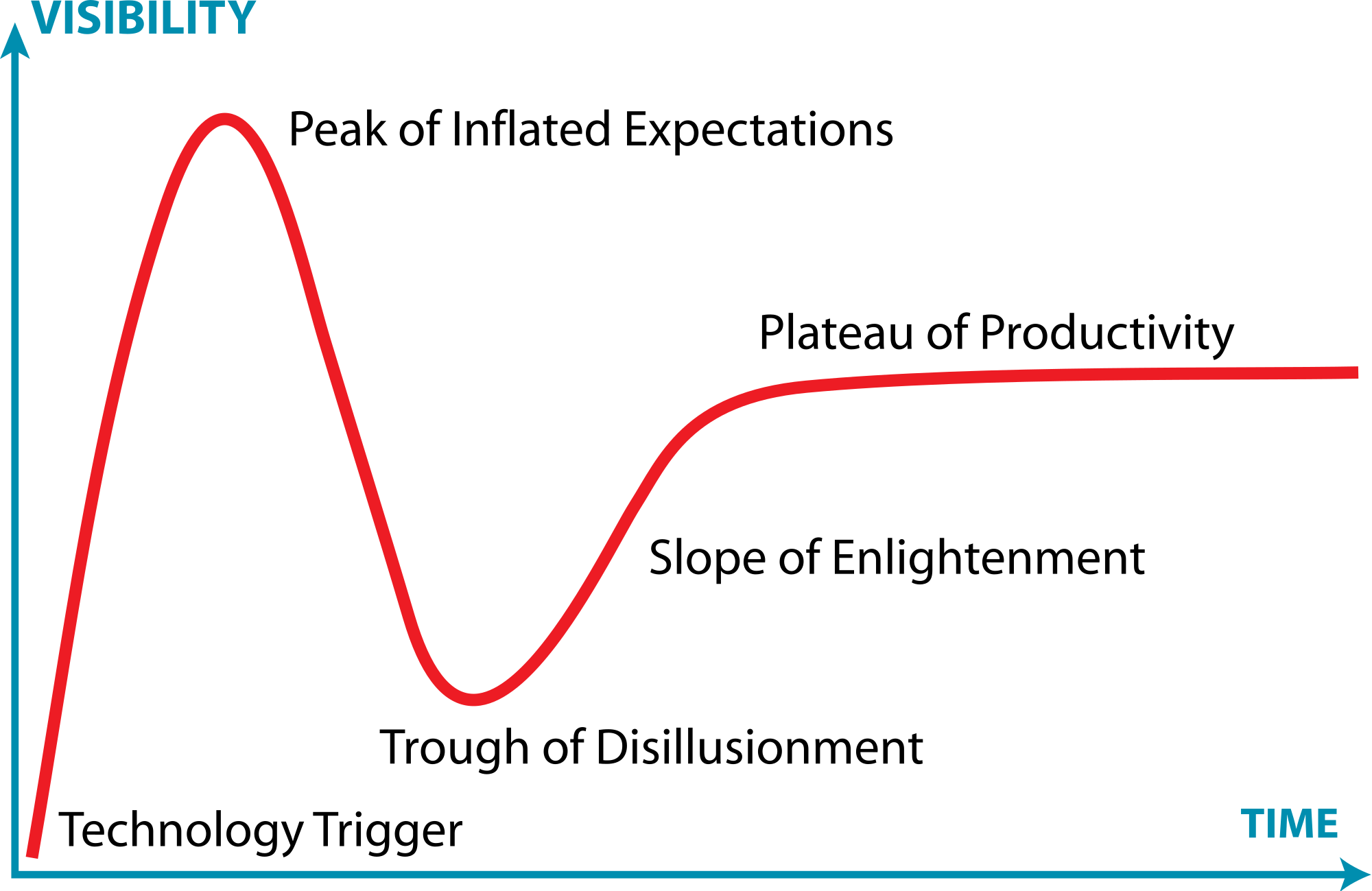An excellent blog in the Wall Street Journal from one of the most respected voices in KM, Tom Davenport, claims that "knowledge management isn’t dead, but it’s gasping for breath"
- "Google Trends suggests that “knowledge management” is a term rarely searched for anymore.
- "Bain’s Management Tools and Trends survey doesn’t list it in the top 25 tools for the 2015 or 2013 surveys; it was included before that.
- "More subjectively, although I am supposedly an expert on the topic, hardly anybody ever asks me to speak or consult about it".
I think we can discount the Google Trends argument. The decrease in searches for "knowledge management" mirrors the decrease in searches for "project management" and "risk management", as shown in the picture below, and nobody would claim that either of these disciplines are "gasping for breath". This is something to do with changes in the use of Google, I suggest, rather than a global decline in all forms of management.
The Bain result is more interesting, and could show that KM has fallen off the Hype Hump, but I am not sure that even I (a professional KM practitioner) would put KM in the top 25 tools.
However Tom's declining KM consultancy business, and a few other trends such as the decline of KM conferences and flattening in the growth of readership of this blog, among others, suggest that KM is not yet mainstream.
So where is KM on the hype cycle, and why is it not in better health?
I would suggest we are perhaps at different stages depending on different approaches to KM. Maybe we are (rightly) in the trough of disillusionment with KM as a technology-only solution, but on the slope of enlightenment with KM as a holistic and strategic approach built on behaviour change.
Tom accounts for the perceived ill health of KM as due to the following factors -
- It was too hard to change behaviour.
- Everything devolved to technology.
- The technology that organizations wanted to employ was Microsoft’s SharePoint.
- It was too time-consuming to search for and digest stored knowledge ... the greater the amount of knowledge, the more difficult it was to find and use.
- Google also helped kill KM.
- KM never incorporated knowledge derived from data and analytics.
I would suggest that all these reasons other than the last are based on misapprehensions of KM - that it is a technology, that behaviour change can be ignored (or is easy), that the more knowledge you have the better, and that technology (Google or SharePoint) will solve everything.
These misapprehensions are the ones that drive the disillusionment, as they dispel the illusion that you can just buy technology (even SharePoint) and behaviours will change, and knowledge will be both plentiful and used.
Hopefully once we are beyond those illusions we can start up the hill of enlightenment, where we realise that KM is possible, is valuable, is hard work, and will take many years of behaviour and culture change to reach the productivity plateau.






1 comment:
"Is hard work" and "many years" are likely to deter many people. We haven't yet started to manage knowledge as an asset - to develop, maintain and dispose of knowledge at a detailed level. The person doing that job moves out of the C-suite and has the status of a gardener.
Post a Comment